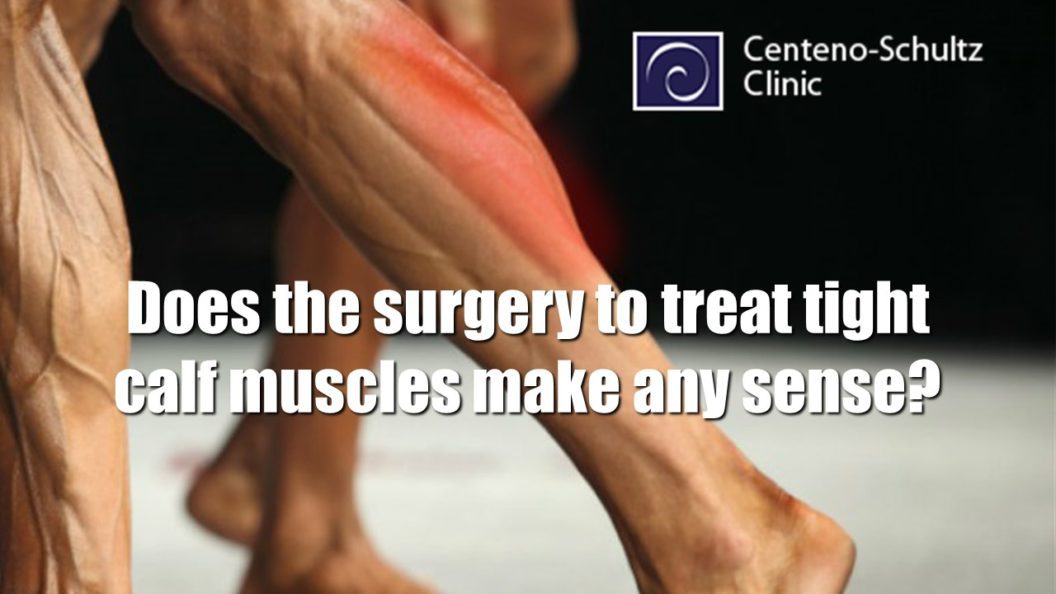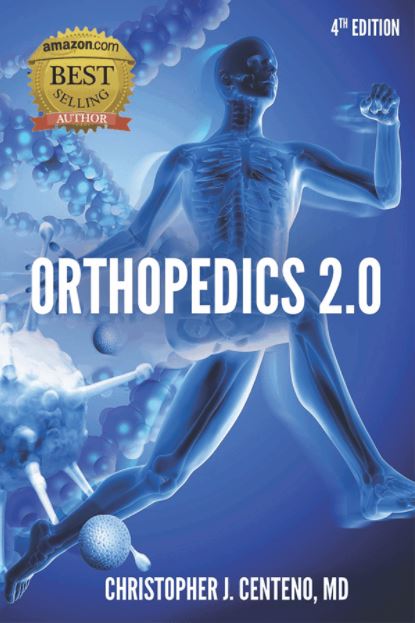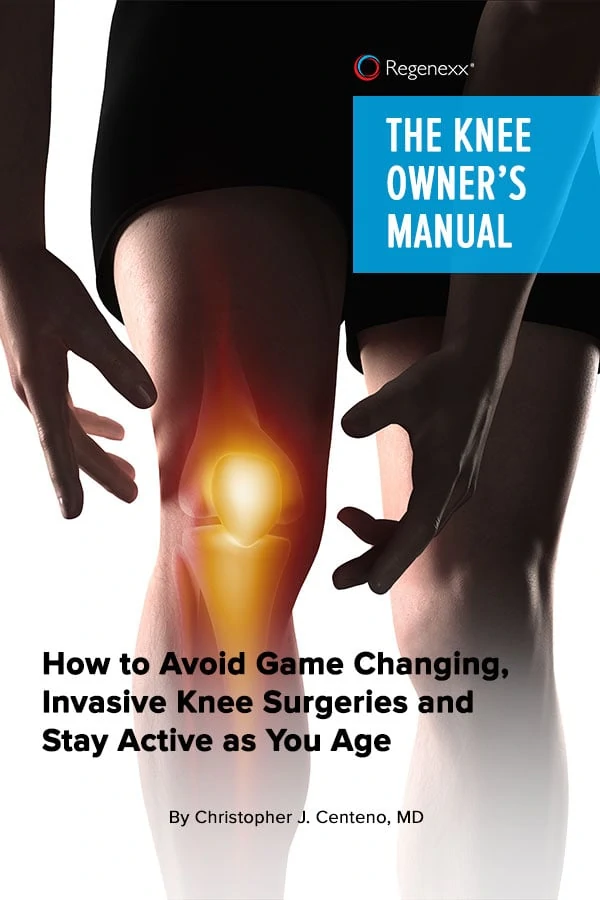There are many surgeries out there that just don’t make sense, and surgery to lengthen a tight calf muscle has to fall near the top of the list. The medical term for this surgery is gastrocnemius recession. The gastrocnemius is the larger of the two calf muscles. Is spans the back of the lower leg from behind the knee all the way to the ankle. The surgery involves making an incision in the muscle and partially cutting the tendon or just allowing the cut muscle to heal for the purpose of releasing and lengthening the calf. So why might a surgeon recommend this invasive surgery?
Conditions Surgeons Treat with Gastrocnemius Recession
You may also see this surgery termed as a Strayer procedure. First, understand that this surgery may be beneficial in children who have conditions involving deformities in the leg, but this is not what we are talking about today. We’ve seen gastrocnemius recession being performed on patients who have plantar fasciitis (heel pain), Achilles tendinopathy, or calf muscles that are just chronically tight, and these are the surgeries that we want to address.
The plantar fascia is a band of tissue that attaches at the underside of the heel and stretches the length of the foot to the base of the toes. If you’ve ever had plantar fasciitis, you know what it is! The pain on the bottom of the heel can be so excruciating, especially with your first steps of the day, that it shoots all the way into your lower leg. What’s causing the pain? Increased activity is often the culprit. Perhaps you’ve started a new exercise program or added onto an existing one that has overloaded the heel and foot. Maybe you even have a small tear in the tissue.
The Achilles tendon is another structure that can be affected. It’s that large tendon you can feel if you run your fingers from the bottom of your calf muscle to behind the heel. When the calf muscle is chronically tight, it can overload and irritate the Achilles tendon, and you might feel pain or tension behind the heel, known as Achilles tendinpathy.
Another possible cause for these issues could be that you’ve irritated the S1 nerve in the lower back, where the nerve supply to this part of the foot is sourced. Yes, a nerve in your lower back can create problems anywhere along the path it supplies (e.g., hip, hamstrings, knee, foot, etc.)—and you may not have any symptoms in your back.
So if you have Achilles tendinopathy, plantar fasciitis, or a chronically tight calf muscle and your doctor suggests gastrocnemius recession, what other options do you have?
Nonsurgical Options for a Tight Calf Muscle
If your physician is to the point of recommending a drastic surgery, you’ve likely already spent a sufficient amount of time attempting conservative solutions: rest and ice, stretching, orthotics to support the structure while it heals, physical therapy, and so on. If you had no relief, perhaps your doctor has recommended nonsteroidal anti-inflammatories (NSAIDs) or possibly even steroid injections. However research suggests steroids are not only toxic to the body’s healing stem cells, but their ability to relieve pain diminishes with each injection. And NSAIDs come with their own very long and growing list of terrible side effects.
Before you make the drastic decision to undergo a gastrocnemius recession, know that heel pain due to plantar fasciitis or Achilles tendinopathy and tight calf muscles can be treated by an interventional orthopedics physician using orthobiologics. Platelet rich plasma (PRP) is well-supported by the research for these conditions. Additionally, if your tight calf muscle and heel pain is due to an irritated back nerve, orthobiologics can also be used to treat the true source of the pain there. After all, if your surgeon cuts your calf muscle and tendon, but the problem is rooted in a back nerve, this really doesn’t make much sense…and it certainly doesn’t address the real problem.


